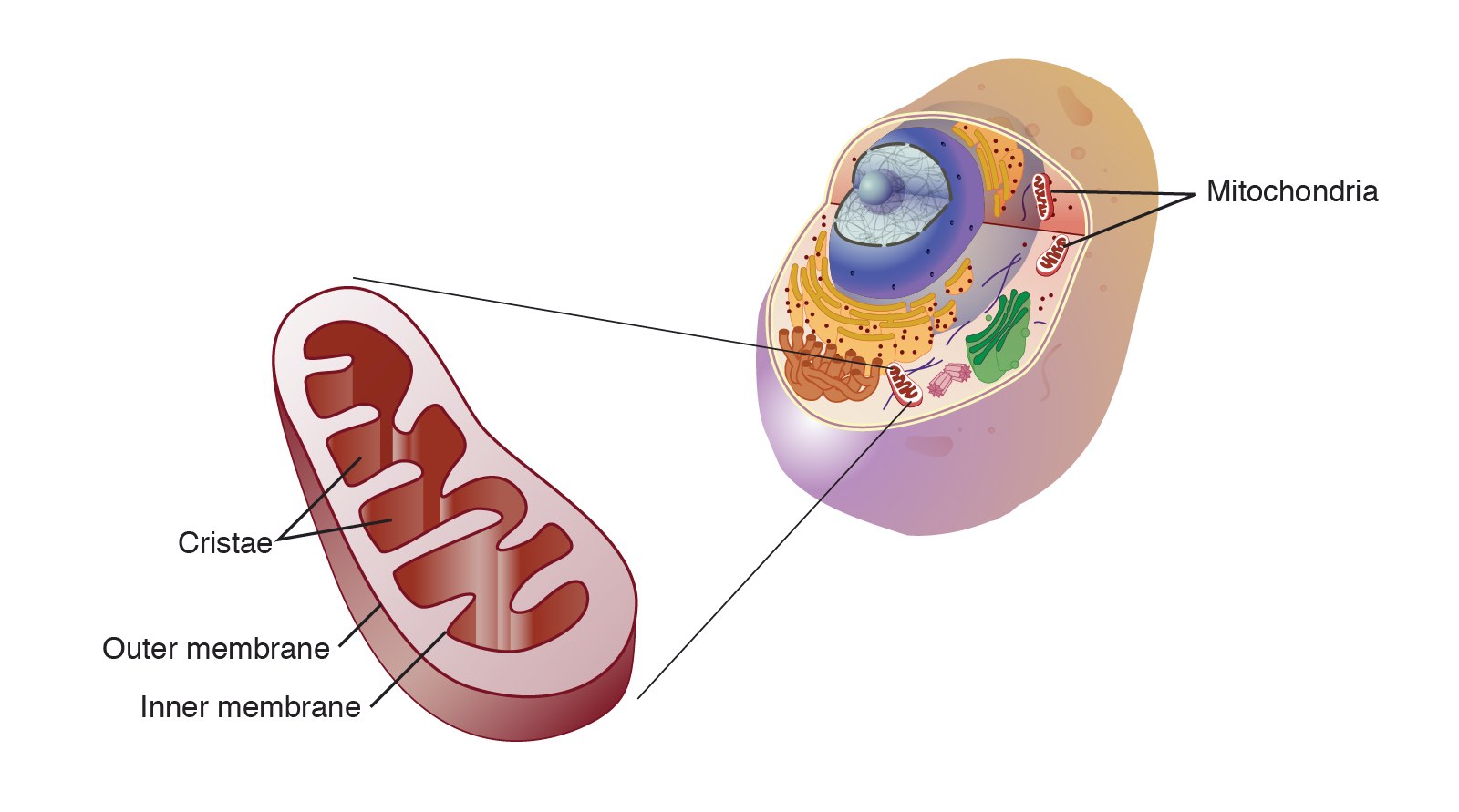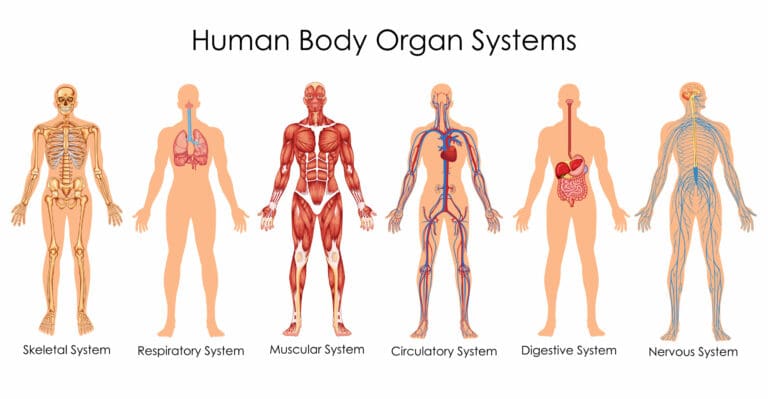Tiny air sacs in the lung that allow for gas exchange between the blood and air
Alveoli
This is the special part of the cell where glucose is converted into energy.
Mitochodria 
Different versions of a gene are called?
Alleles
When you repeat the same process several times, collecting data each time is called
Repeated trials
The process where light is converted into food by plants
Photosynthesis
This system is responsible for distributing nutrients throughout the body.
Circulatory System
Explain why some people experience lactose intolerance
They’re lacking the lactase enzyme that is breaking the lactose sugar into galactose and glucose for cell absorption.
Explain how RNA supports the building of proteins
As a copy of DNA it carries information from the nucleus to ribosomes which read the nucleotides in the RNA and match them to the correct amino acids which are the building blocks for proteins.
What tools would you need to track the body’s ability to maintain a stable internal temperature
Thermometer, timer
If predators like coyotes are removed from an ecosystem, what would you expect would happen to the populations of herbivores (like squirrels)?
Increase, grow out of control.
Describe two systems in the body that are responsible for providing energy for life functions
- Digestive Systems
- Circulatory System
Other: Endocrine System (Insulin), Respiratory System

Why is that when yeast and sugar are combined in water they produce air bubbles
The are carrying out cellular respiration which produces carbon dioxide.
If 2 heterozygous individuals are crossed, what percentage of the offspring will be homozygous recessive?
25%
What would you expect core body temperature to be if someone is outside on a day where it is 100 degrees fahrenheit
98 degrees F
Explain what is happening that causes the pattern below. (Hare population is food for the lynx population.)
Hare population is food for the lynx population. When hares are abundant, the population of lynx grows. When lynx are over-abundant, the population of hares crashes, and the population of lynx then crashes. The cycle repeats itself.
How might a problem in one body system, such as the circulatory system, impact the function of another system, and why?
Example: If the circulatory system stopped working, cells in the nervous system would run out of oxygen and no longer be able to build up an action potential needed to transmit signals.
How might an interruption in the production of red blood cells affect a marathon runner?
They would get tired easily without oxygen reaching their cells (necessary for cell respiration).
Why might a mutation not result in a change in the phenotype (expressed traits) of an organism?
2 Possible Answers:
- It may result in the same protein
- It may be in a non coding region
Describe how you could use the materials we had in the lactose experiment to tell if someone was lactose intolerant.
Possible answer: Use glucose strips to test their urine. If they are lactase persistent, there will be an increase in glucose in the blood following consumption of milk.
 Many species have close relationships with other species. What process led to these species becoming so perfectly matched to each other?
Many species have close relationships with other species. What process led to these species becoming so perfectly matched to each other?
Coevolution
